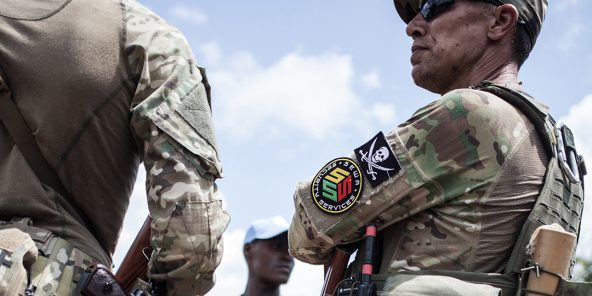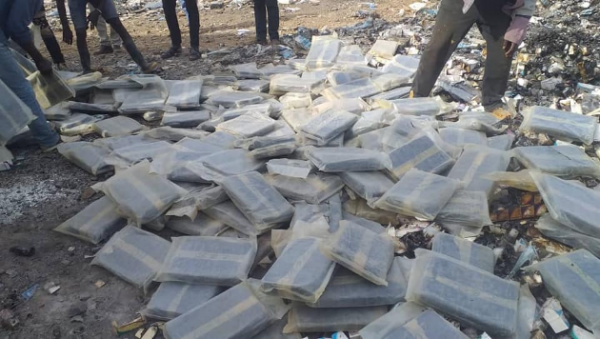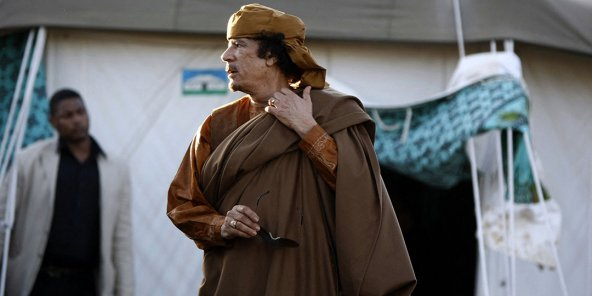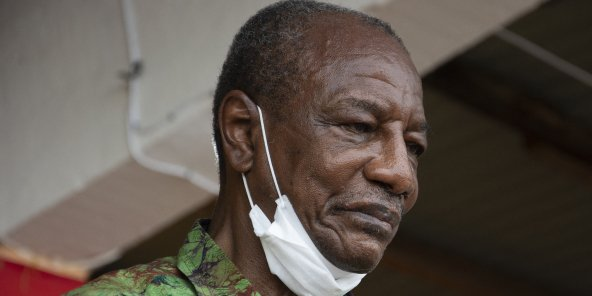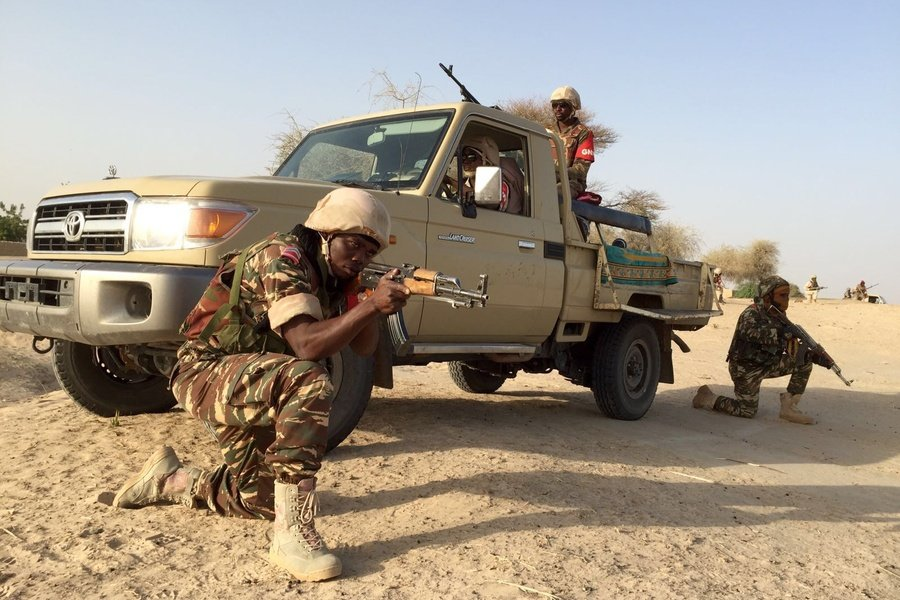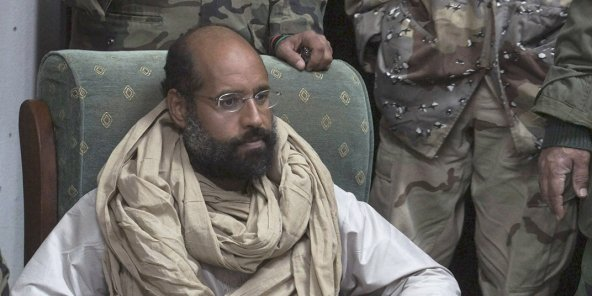Blocage de l’avion malien de transport des troupes par les américains : Les USA sont-ils devenus les nouveaux parrains des terroristes au Sahel ?
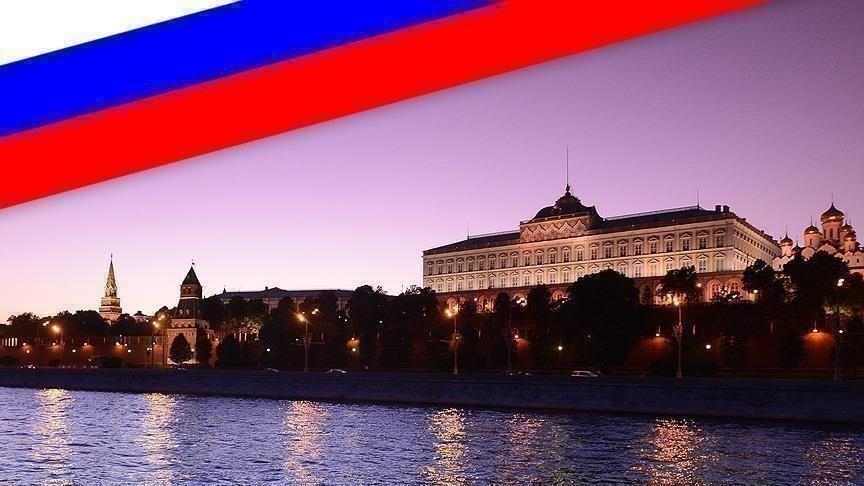
C’est au moment où le monde entier se mobilise pour être au chevet du Mali et des pays du sahel afin de lutter contre le terrorisme que les américains mettent du bâton dans la roue de l’armée malienne en l’empêchant d’avoir des équipements afin de renforcer sa capacité opérationnelle. Ils empêchent aujourd’hui l’Etat malien d’acquérir un avion militaire de transport de troupe sous le prétexte fallacieux que l’armée malienne et certains groupes armés proches de Bamako recrutent des enfants soldats. Est-ce parce que le Mali a décidé de diversifier ses partenaires que les américains bloquent-ils le CASA C-295 ? La France est-elle derrière cette manœuvre dilatoire des USA ? Les autorités maliennes n’ont-elles pas vu juste en se tournant vers la Russie ?

